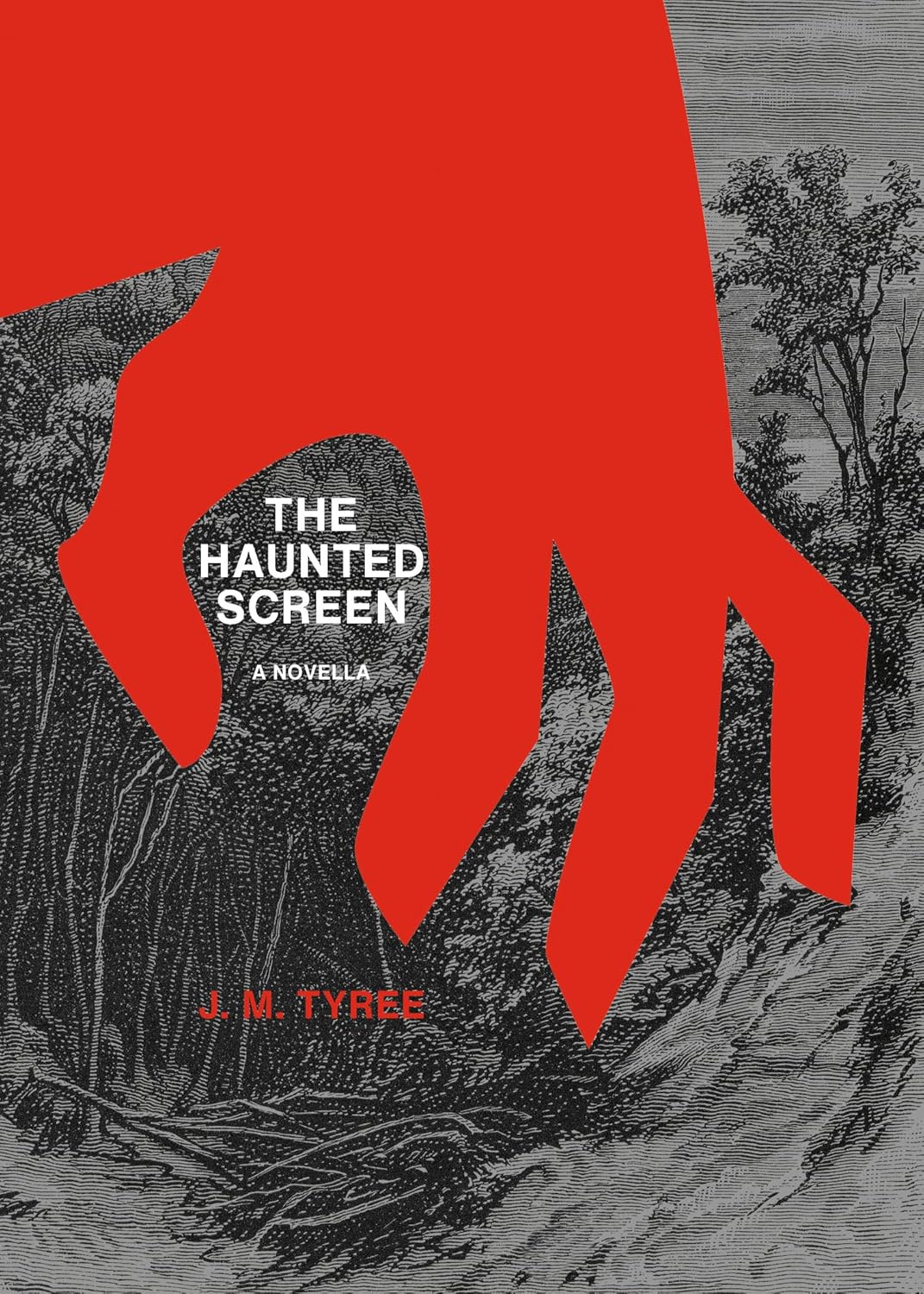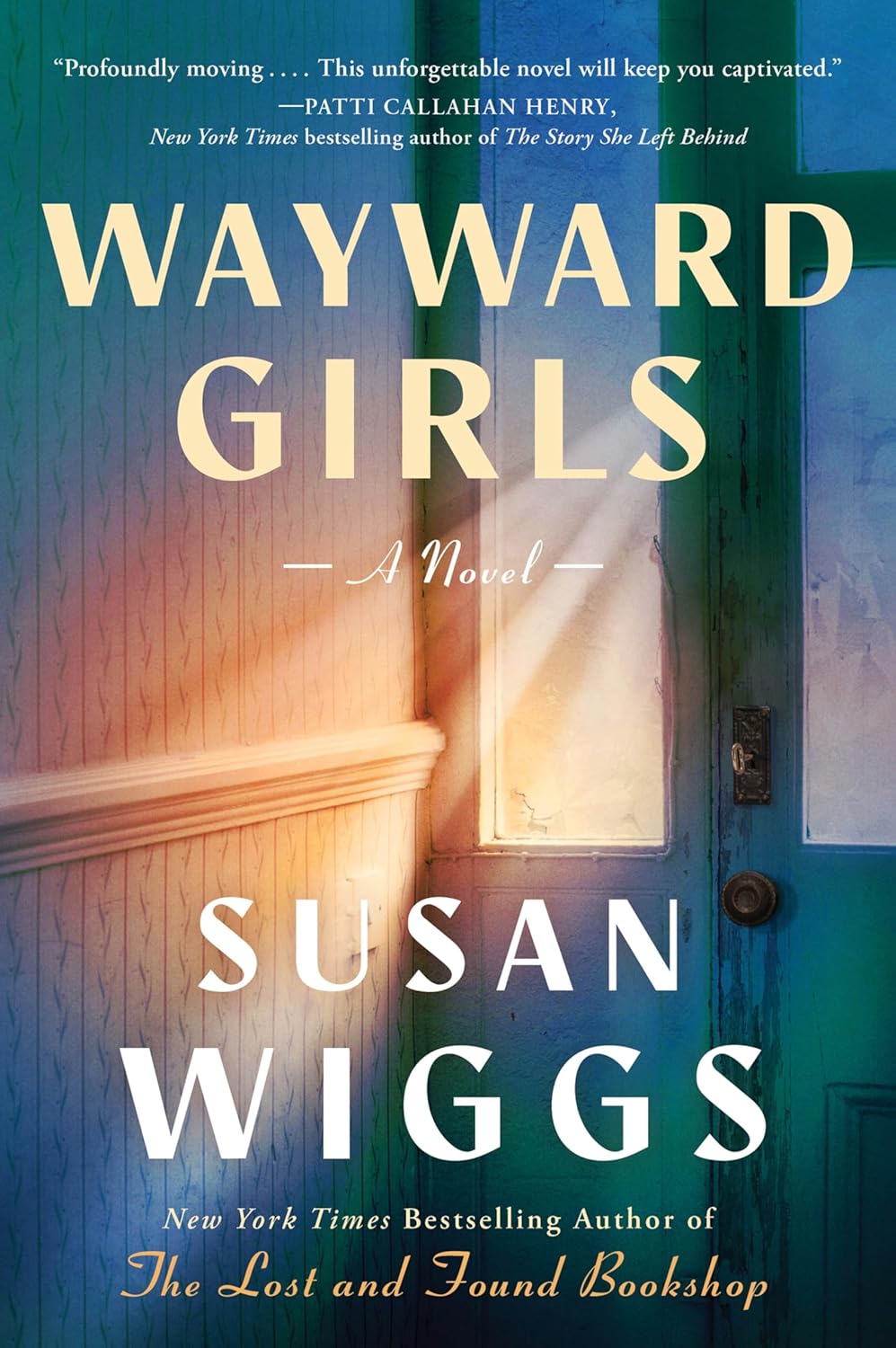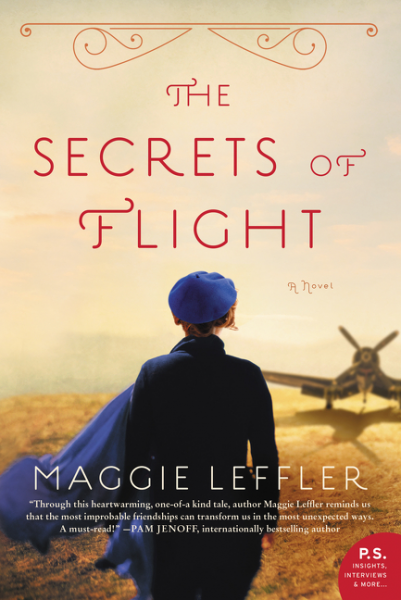The Haunted Screen: A Novella
- By J.M. Tyree
- A Strange Object
- 174 pp.
- Reviewed by John P. Loonam
- October 9, 2024
A frustrated writer is being tailed by a spectral woman. Or is he?

Life is not like the movies and, in particular, not like the movies of Alfred Hitchcock. However, if you’re a film scholar unable to finish your study of Hitchcock’s “Vertigo,” and you follow your very successful, attractive wife to Hitchcock’s native Germany, and you’re tailed by either your ex-lover or her ghost, and you’re rattled by a child’s crying in your childless apartment complex, it may begin to seem that life is like a Hitchcock movie.
This is the unfortunate situation the unnamed narrator of J.M. Tyree’s new novella, The Haunted Screen, finds himself in. His wife Rebecca’s summer class on Caribbean postcolonial literature is an immediate hit at the German university where she’s spending her summer. This makes the narrator’s failure to do his own writing all the more stark. That failure isn’t simple writer’s block; he’s known all along that his much-anticipated treatise on the making of “Vertigo” is a fraud.
His former film professor, Amy, pushed him into the project (and secured the publisher and the advance) because they were lovers, not because he had anything to say about Hitchcock. His plan for the book quickly got entangled with her writing — an attempt to prove that the great German silent film director F.W. Murnau had uncovered a bridge between the living and the dead, and that “a dark shape in the forests” in his masterpiece, “Nosferatu,” was actually visual evidence of these undead.
Amy was the narrator’s intellectual and sexual mentor. He seems lost without her. Though he reveres his wife, Amy is the erotic phantom that haunts him. Now in Germany — the land of both fictional horror and horrific history — Rebecca is becoming increasingly independent, and the narrator can’t stop thinking about Amy. She did her own graduate work at the German university, and everything reminds him of her.
Perhaps Amy’s haunting isn’t just cerebral and erotic. In addition to the sound of the crying baby in his child-free apartment, Amy-like graffiti surfaces on one of the narrator’s walks. Then, a manuscript purportedly written by the narrator (but in tortured prose he recognizes as hers) is delivered to him. Finally, Amy, or her spirit double, appears at his window in the middle of the night. All of this combines with a darkness he feels in the neighborhood, “a sensation of being watched or followed.”
What if that breakthrough to the land of the dead that Murnau supposedly filmed was real? What if Amy is both safely back in San Francisco and prowling these woods?
Tyree’s prose is accomplished as he weaves in movie and literary references amid his narrator’s constant awareness of the neighborhood’s Nazi past. Despite (or maybe because of) the constant darkness, the novella is never far from humor parodying both film and literature. There is, for instance, a fun motif in which serious conversations — first with a psychiatrist, later with a police detective — turn into discussions of German grammar.
But there’s a lot of wandering in the woods, too. Left alone each day as Rebecca goes off to be appreciated, the narrator takes long walks in the forest, using the circuitous trails to avoid thinking about his book and to instead ponder the mysterious forces bedeviling him. There’s some action when he begins to think he sees Amy, her close-cropped green hair being a dead giveaway, but even when the presence seems most real and threatening, our hero’s reaction is to take another walk and think it over.
I enjoyed these walks, as often the narrator’s consciousness moves along interesting convolutions. And I suspect readers more familiar with Hitchcock and German expressionism might pick up on many of the allusions I no doubt missed. As a mystery, The Haunted Screen stops short of compelling, but its prose and the narrator’s tormented consciousness provide pleasure even in the absence of anything otherworldly.
John P. Loonam has a Ph.D. in American literature from the City University of New York and taught English in New York City public schools for over 35 years. He has published fiction in various journals and anthologies, and his short plays have been featured by the Mottola Theater Project several times. He is married and the father of two sons; the four have lived in Brooklyn since before it was cool. His first novel, Music the World Makes, will be published by Frayed Edge Press in 2025, while a collection of his short stories, The Price of Their Toys, is forthcoming from Cornerstone Press.

